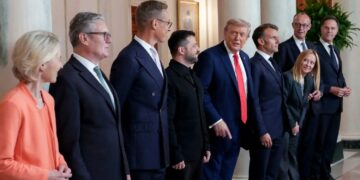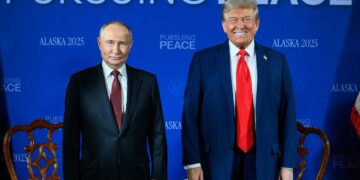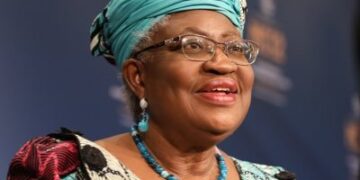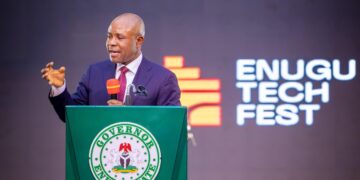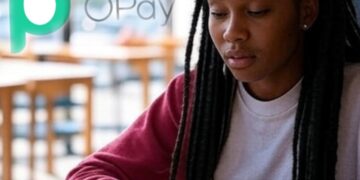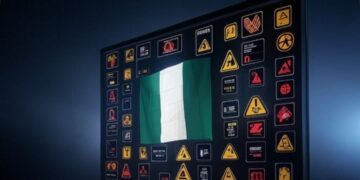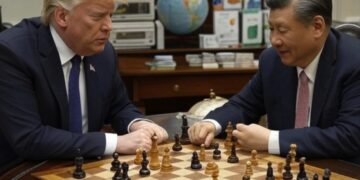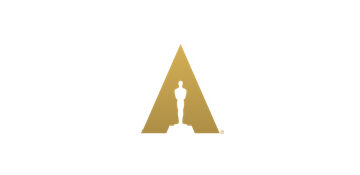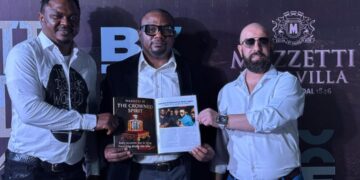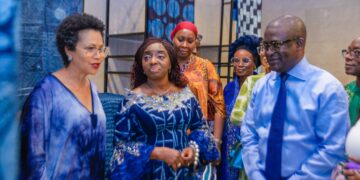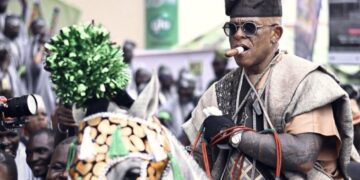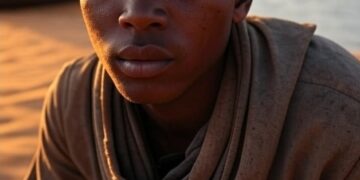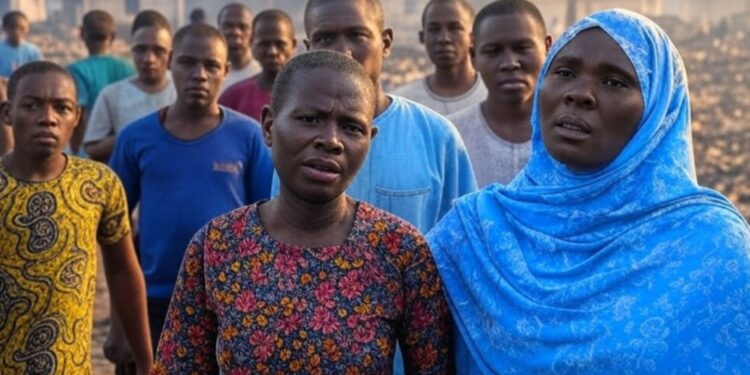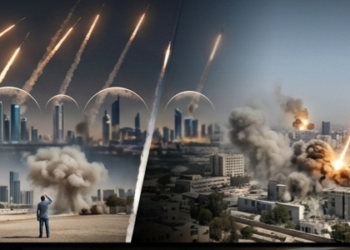In the rolling hills of Nigeria’s Plateau State, where the savanna meets the sky, communities once gathered under acacia trees to share stories and songs of faith. But on Palm Sunday 2025, the air carried a different sound—screams, gunfire, and the shattering of peace. In two villages, suspected Islamist Fulani militias descended, leaving 51 Christians dead in a brutal attack that shook the nation’s Middle Belt to its core. This is not just a story of loss; it’s a call to the world to see, to act, and to remember.
The sun had barely risen when the assailants struck, targeting homes where families prepared to celebrate the start of Holy Week. Men, women, and children—elders who taught scripture, mothers who braided hope into their daughters’ hair, and youths dreaming of a future—were cut down. Houses burned, churches were desecrated, and the earth soaked up the grief of a community torn apart. Survivors fled into the bush, their footsteps mingling with whispered prayers for deliverance. For those left behind, the mass graves became a silent testament to a faith tested by fire.
Plateau State, long a flashpoint in Nigeria’s complex tapestry of ethnic and religious tensions, is no stranger to violence. The Middle Belt, where Christian farmers and Muslim herders often clash over land and resources, has seen cycles of retribution for decades. Yet this attack, deliberate and merciless, carried the weight of something darker—a targeted assault on a people for their belief in the Cross. Reports from local leaders, including the Christian Association of Nigeria, describe warnings ignored, security forces absent, and a government struggling to stem a tide of bloodshed that some call genocide. Since 2000, over 62,000 Christians have perished in such violence, alongside thousands of moderate Muslims, earning Nigeria the grim title of the world’s “Christian murder capital.”
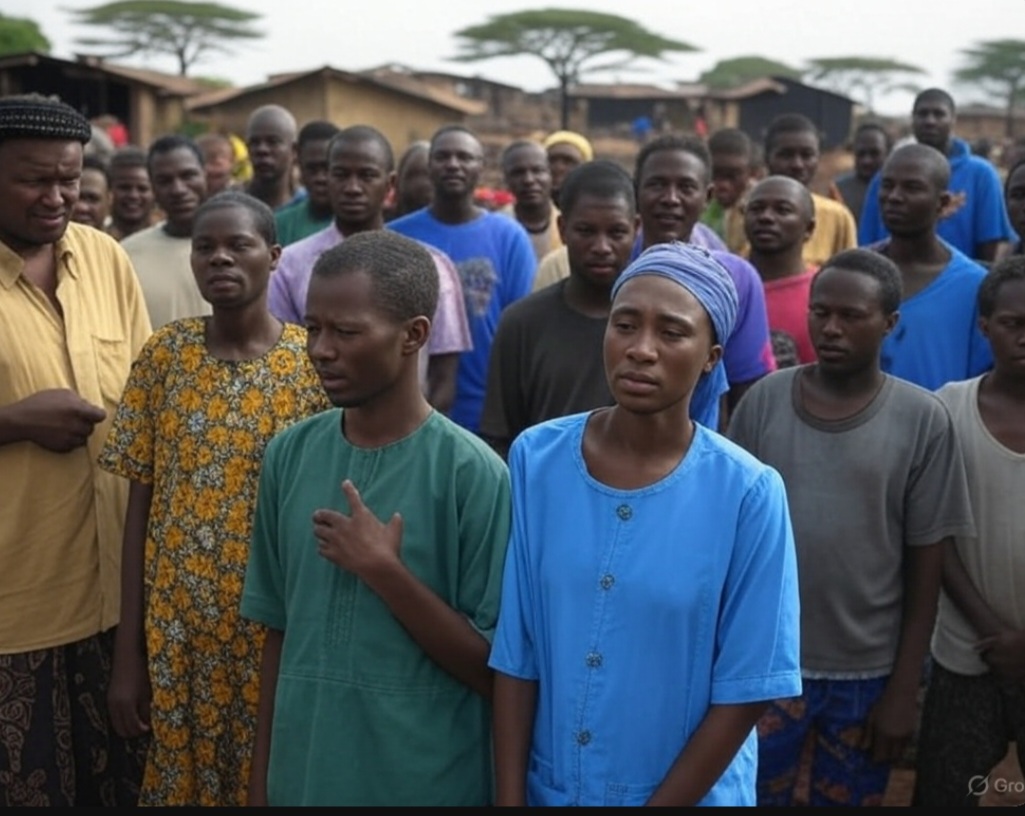
The numbers are staggering, but they don’t tell the full story. Behind each digit is a name, a life, a ripple of pain. A widow in Bokkos now wonders how to feed her children. A pastor in Barkin Ladi preaches to a half-empty pew, haunted by the faces missing. Children, robbed of their parents, carry trauma that no sermon can heal. The attackers, often linked to Fulani militias but sometimes shrouded in the anonymity of “unknown gunmen,” leave communities questioning not just their safety but their place in a nation meant to be theirs.
Why does this matter to the world? Because silence is complicity. The global community—governments, churches, and citizens—cannot turn away while Plateau State bleeds. The United Nations has been urged to investigate, with calls for a special envoy to probe what many label a systematic campaign against Christians. In the U.S., faith leaders like Rev. Johnnie Moore have pleaded for Nigeria to be redesignated a “Country of Particular Concern” for religious freedom violations, a status it held until 2021. Yet promises from Abuja and beyond often dissolve into inaction, leaving villagers to defend themselves with little more than courage.
For stakeholders—whether policymakers, donors, or advocates—this is a moment to act. Support for displaced families, who number in the millions across Nigeria’s Middle Belt, is critical. Aid organizations like Caritas and Barnabas Aid report thousands in need of food, shelter, and trauma care. Strengthening local security, training peace advocates, and pressing for accountability could break the cycle of violence. Most of all, amplifying these voices—through media, diplomacy, and prayer—ensures the world cannot claim ignorance.
As Easter approaches, the weight of this loss looms over Plateau’s Christians. The promise of resurrection feels distant, yet in their grief, they cling to hope, gathering in shattered churches to sing of a God who sees. Their resilience is a challenge to us all: to bear witness, to demand justice, and to build a future where faith is not a death sentence. Will we answer?





